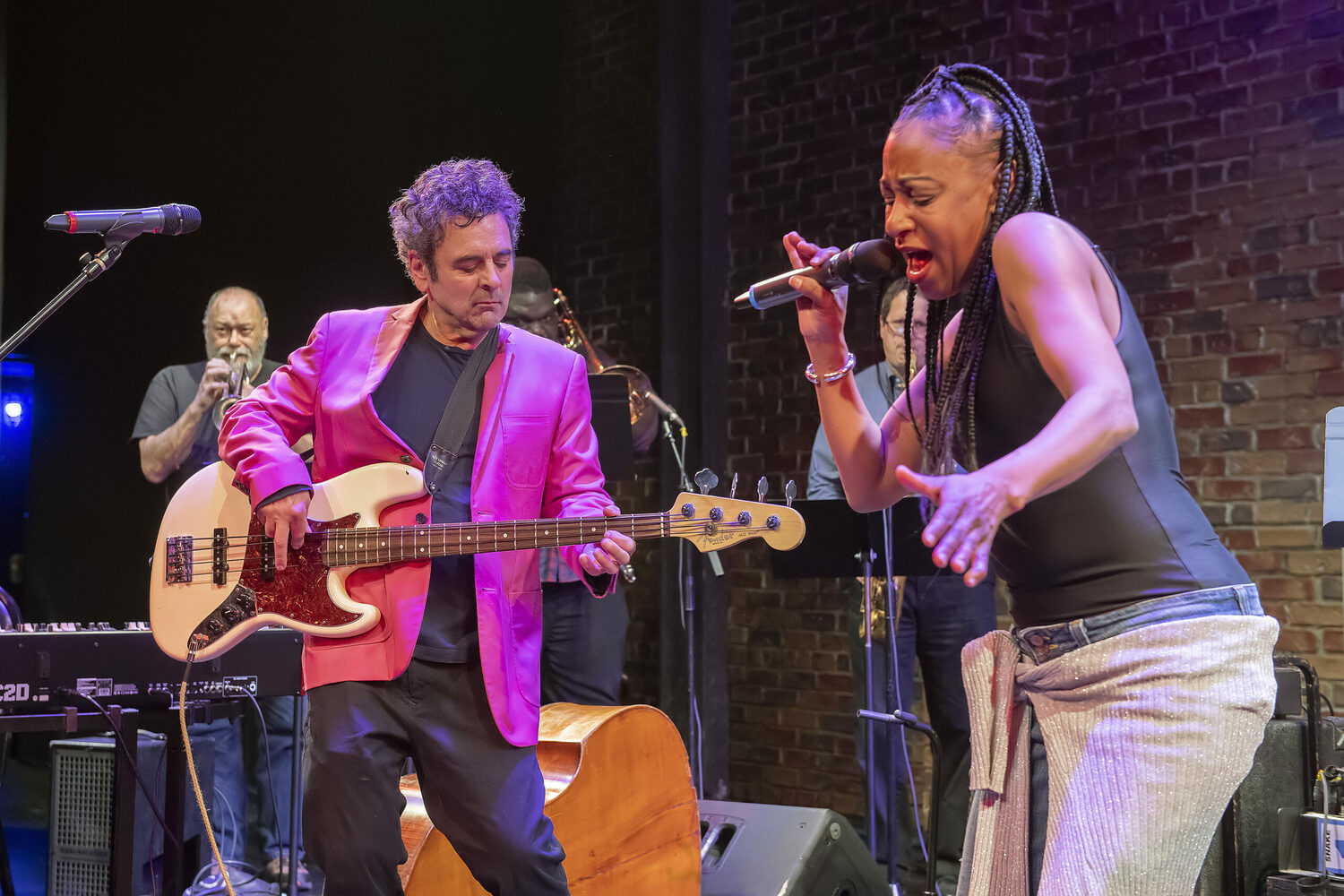
When the Old Whalers Festival was first established in 1963, the precursor to what has become HarborFest brought people into the village to celebrate its maritime history. Eventually, the festival would move to the fall and beckoned people back to Sag Harbor in September. Over the years, it became a much-needed infusion of capital to the restaurants and shops — momentum to carry us through the long winter ahead. Those times are over. September is packed with festivals from beginning to end, and no one needs an extra excuse to hang out on Main Street on a weekend in early fall.
But HarborFest has remained a unique ode to the Village of Sag Harbor and its whaling roots. Maybe that’s why two Sag Harbor mainstays, who have been playing since the days of Harbor House and the Cigar Bar and before, are the musical billings for the down-home festival.
“HarborFest signifies a homecoming,” said Gene Casey, whose band, The Lone Sharks, plays all over the North and South Forks throughout the summer but doesn’t get to Sag Harbor as much as they used to. “It’s very comfortable. Being slightly off season, it’s a celebration of what I consider the original spirit of Sag Harbor.”
Joe Lauro, who started the HooDoo Loungers, agrees that the unique celebration of the spirit of Sag Harbor is what HarborFest is all about.
“We are celebrating our town,” he said. “And I think it’s important to present music that is indigenous to the town and the area. Gene’s band is a legend out here. They go back to the ’80s — they are such a part of the fabric of Sag Harbor.”
HarborFest is organized by the Sag Harbor Chamber of Commerce and championed by its president, Ellen Dioguardi. In two separate interviews and without prompting, both Casey and Lauro mentioned Dioguardi as a huge advocate for local musicians and local culture.
“Ellen is an unstoppable force,” Casey said. “She is so tuned in to music, respectful, as we all should be.”
In keeping with the spirit of the Sag Harbor celebration, The Lone Sharks and the HooDoo Loungers will be performing. They each bring a unique sound — The Lone Sharks with their rockabilly and blues and the HooDoo Loungers with their New Orleans-inspired style.
“We have a horn section with the best horn players on Long Island,” Lauro said. “I love playing with these guys. And Dawnette [Darden], she makes me smile every night that we play. We used to need to have a set list, but now I just call the tunes for most of our gigs, depending on the mood of the audience. I’m always tuned in to the audience to make sure they’re having a good time.”
This connection to the audience is something that’s given both bands staying power, not only in building a following but in the experience of their shows. For Gene Casey, he realized the importance of the audience in a whole new way during the pandemic.
“When things started up again after the pandemic, I realized that being a professional musician is about the fanbase,” he said. “It’s about the people in the audience reconnecting to each other through the music. When you’re a performer, you can sometimes be self-absorbed and focusing on your job as a musician, but I underrated how important it was for people to connect with each other with the music.”
He says that HarborFest, which ends up being a sort of reunion for locals after a busy summer, “is that kind of phenomenon multiplied.”
That down-home, see-your-neighbors, meet-me-at-the-Corner-Bar vibe was echoed by both musicians.
“When we first started doing HarborFest,” Lauro said, “I remember the stage was all set up, and it started raining. Our entire nine-piece band was out. But instead of canceling the show, the organizers said, ‘We’ll squeeze you into the Corner Bar.’ It was off the rails. Our singer was on the bar singing, and people went nuts. Have that party anyway.”
So even if HarborFest does encourage people to stretch the summer a little further, it’s also become about the local community in a unique way. Those who have been working hard all summer — this is a chance to come together and let loose.
“This is not a chichi Hamptons event,” Casey said. “It’s about the fishermen, the working people, and tapping into that. It’s about how I know this guy from the Corner Bar and that girl who’s now a grandmother, and how time goes on.”